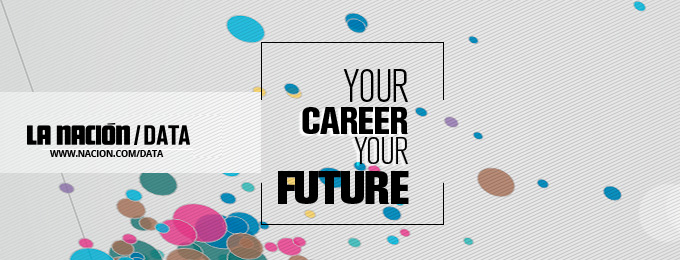First part. Basic elements. (Lea en español)
Investigative Journalism based on data analysis can learn and enrich from the application of the principles of the Business Intelligence (BI) philosophy.
Business Intelligence broadens the vision that the optimal production of editorial content based on data should have on management, processes, and results measurement.
Personally, I have found on BI one of the best alternatives, along with the implementation of Statistics, to raise standards of Data Journalism.
What is Business Intelligence?
The Data Warehousing Institute defines it as:
«The processes, technologies, and tools required to transform data into information, information into knowledge, and knowledge into plans to guide the company.»
Another concept, according to Gartner:
«BI is an interactive process to explore and analyze structured information about an area (usually stored in a data warehouse) to discover trends or patterns from which to derive ideas and conclusions»
Both definitions are close to those of us engaged in Data-based Investigative Journalism because, in practice, our job consists of acquiring information of public interest (databases), analyzing it and making editorial decisions with it.
That process has one goal:
to transform information into knowledge, so that the utility offered to the audience allows it in turn to decide –based on reliable and quality data – on security, health, employment, or education issues that affect their quality of life.
Recently, we did so in the Intelligence Data Unit I lead with a special interactive progress on college majors: unemployment, likely to find a job in the major obtained and salaries. This will not only give people the ability to access information that they would hardly acquire on their own, but we offer the same already analyzed within a broader context.

The reader will be also able to explore data on his or her own (through interactive applications with information per country or by downloading the database used for the study).
It’s a win-win: the public receives more added value on the news, which encourages an increasing consumption of reports based on data analysis, precisely because of their utility.
Providing information that can be transformed into knowledge for people to act and make decisions helps us fulfill the responsibility of ensuring the public interest.
In the coming days, I will publish another article on two fundamental pillars of BI and Data Journalism: the quality and integrity of data; without these two concepts, it is impossible to make an analysis with the seriousness and credibility that audiences and good data journalism deserve.

